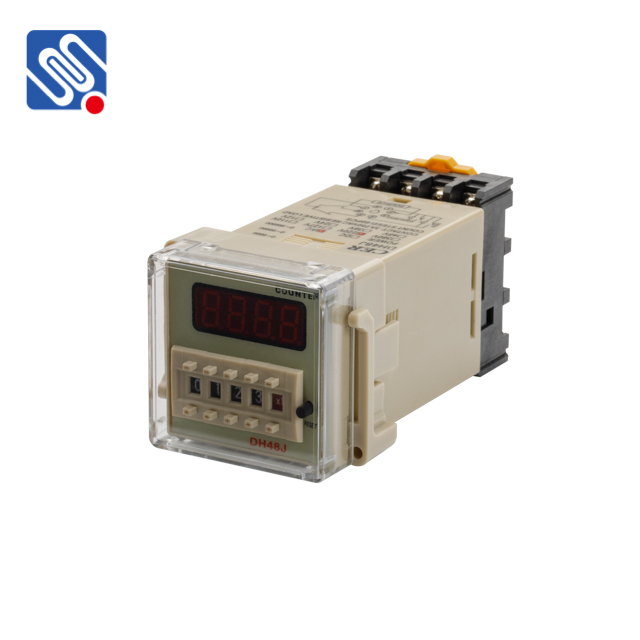understanding relay voltage and the role of meishuo in relay technology
Release time:2025-09-17 07:46:11
Relay voltage is a crucial concept in electrical engineering, as it determines the functionality and efficiency of a relay system. A relay is an electrically operated switch used in various applications to control a circuit by opening or closing contacts. It is a vital component in automation, control systems, and protection devices. In this article, we will explore what relay voltage is, its importance in relay operations, and how companies like Meishuo play a significant role in advancing relay technology.

What is Relay Voltage? Relay voltage refers to the electrical potential required to activate or control a relay. This voltage is often called the "coil voltage" because it is applied to the coil of the relay. When the correct voltage is applied to the coil, the magnetic field generated causes the relay's contacts to either open or close, depending on the type of relay. The coil voltage can be either AC or DC, depending on the specific design of the relay. Relay voltage is important because it ensures that the relay operates within its specified parameters. If the applied voltage is too low, the relay may not activate properly. On the other hand, applying too high of a voltage can damage the relay and lead to malfunction. Therefore, understanding the optimal voltage for a specific relay is essential to prevent damage and ensure reliable operation.

